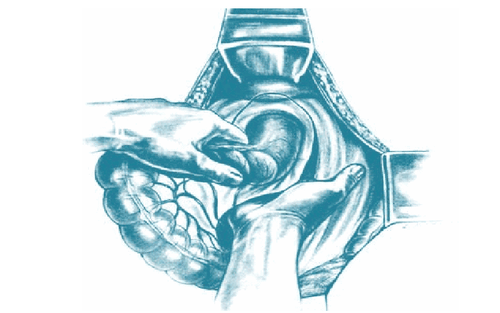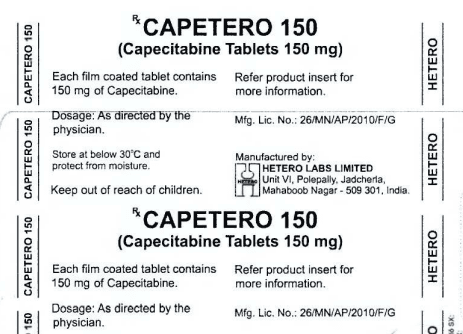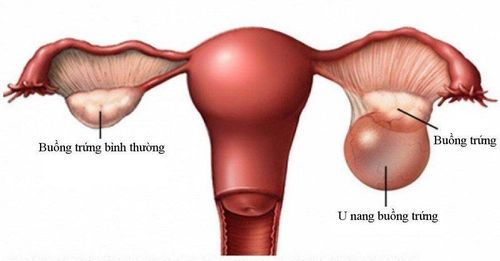This is an automatically translated article.
Article by Doctor Department of Gastroenterology - Endoscopy, Vinmec Central Park International General Hospital
Colorectal cancer is the cells in the lining of the colon that, due to a genetic mutation, do not die cyclically but progress to invasive cancer and destroy normal cells.
1.Early Signs of Colorectal Cancer The early signs of colorectal cancer are:
1/Blood in stools or bloody stools. 2/Recent bowel dysfunction (now diarrhea) with normal treatment. As with other cancers, colorectal cancer may not show any symptoms at first. However, if you have the following signs, you should visit your doctor as soon as possible:
Digestive abnormalities: diarrhea, constipation, irregular shaped stools, ... lasting for many days. The feeling of straining does not go away, even after having a bowel movement. Anal bleeding bright red. Blood in the stool, or black stools. Pain in abdomen, pelvis. Health decline. Unexplained weight loss. 2. What to do to prevent colorectal cancer? Routine stool microscopy in people aged 60-69 years can reduce colorectal cancer mortality by about 15%. Individuals with microscopic blood in the stool should undergo colonoscopy unless contraindicated. These two tests should be applied in high-risk subjects (with a family member with multiple polyps, with a person with colorectal cancer). Colonoscopy should be performed at the age of 10-12 years. If negative, endoscopy every year until age 20. At this age, if negative, endoscopy every 5 years until age 50. All polyps should be removed to prevent cancer, except for those as small as < 2 mm in children. Remove polyps and then have endoscopic examination after 1 year, in fact, endoscopy should be done after 6 months to detect recurrent polyps. Eat lots of vegetables, fruits and vegetables. Eat less meat.

3. Treatment of colorectal cancer The treatment methods for colorectal cancer include surgery, chemotherapy and radiation therapy, however, in order to achieve the highest treatment results for the patient, to limit recurrence, Usually chemotherapy and radiation are used both before and after surgery.
Surgery is an important treatment step, aiming to remove all cancer tissue - a decisive factor to the success or failure of the treatment process. Previously, patients could only perform tumor resection by open surgery, with many disadvantages such as: the patient's condition is not too bad, the patient has to suffer great damage, the recovery time is long, ... with many risks of accidents as well as certain risks of death.
With the development of modern medicine, surgical methods have made many strides with the introduction of traditional laparoscopic surgery, and the latest and most advanced today is laparoscopic robotic surgery. Compared with old methods, robotic laparoscopic surgery offers many outstanding advantages such as:
Unrestricted vision, optimal image quality, accurate surgical manipulation. Unnecessary vibrations during surgery (hand tremor) are eliminated thanks to the robot with 4 hands (equivalent to 2 surgeons). Can move freely at 6 angles, so it is easy to intervene in difficult positions as well as thread into small, deep cavities. The risk of complications is minimized, ensuring patient safety during surgery as well as limiting postoperative infection. Less pain than with conventional surgery. Small injuries, so quick recovery, shorten hospital stay. Small surgical scar, ensuring aesthetics for the patient.
Vinmec International General Hospital with a team of dedicated and experienced experts, leading modern equipment facilities in Vietnam. Currently, the hospital is leading the way to treat colorectal cancer with robotic laparoscopic surgery. Coming to Vinmec, patients will be completely satisfied when experiencing international standards of examination, treatment, and care.
Please dial HOTLINE for more information or register for an appointment HERE. Download MyVinmec app to make appointments faster and to manage your bookings easily.













